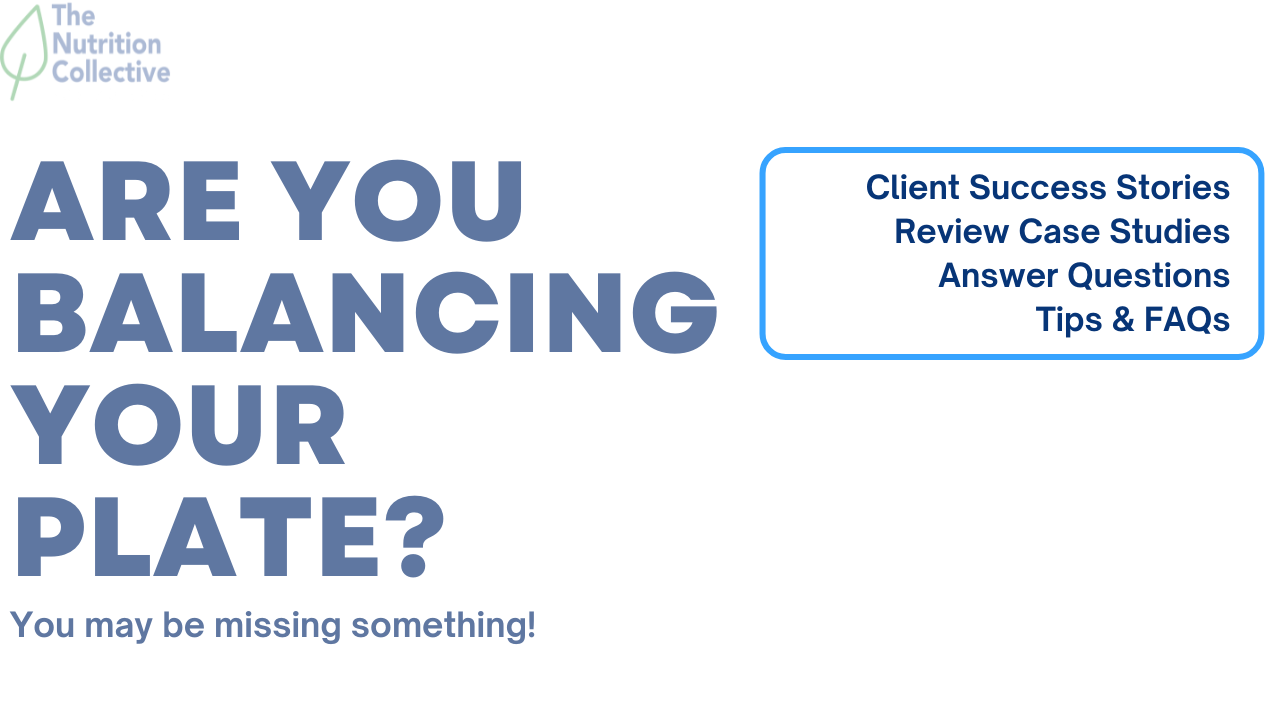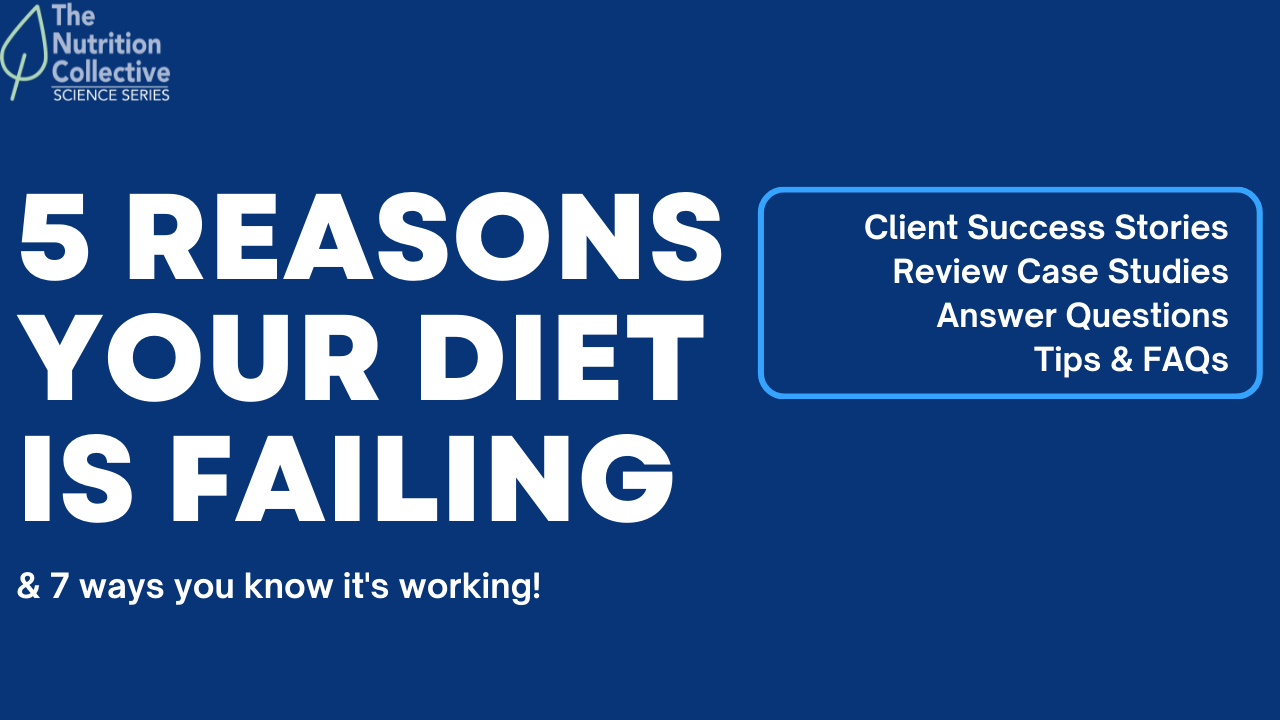Comparing yourself to others is normal. It’s a trait inherent to us humans, regardless of age and culture.
Everyone compares themselves to others at some point in their lives. It can start as early as childhood, when you might have envied your classmate for being a ‘cooler’ kid than you were. This continues well into adulthood. Our comparisons don’t even change much. We have cooler colleagues who get promoted before us or just seem to be doing better at life even if they’re in the same position.
Sure, there’s a positive effect when this comparison pushes you to improve yourself and achieve your goals but if you constantly pit yourself against others, it takes a toll and poisons your overall well-being.
You might try so hard to keep up with the Joneses’ that you neglect your own happiness. You burn yourself out pursuing opportunities you’re not even passionate about. In the end, you start resenting your life, always discontent with what you have.
It’s counterproductive to your growth as an individual when you always look outward instead of inward.
When you stop comparing yourself to others, you become more intuitive towards your own well-being. You start to recognize your needs and address them and you build trust in your abilities. Soon, you’re well on your way to self-fulfillment and genuine happiness.
The Lens Of Comparison
Today, social comparison is even more widespread and encroaching in our daily lives through social media. Every day, these platforms feed us with posts of seemingly perfect, ordered lives– home-cooked or restaurant meals, vacations, house tours, work milestones. These are all on display now, easily seen on our phones.
Perfection is an illusion. The effect on your mental health is real. According to a study by psychologists from Bond University in Australia, as people spend more time on social media, the more likely they are to believe that others have better lives, are happier, and more successful. (1)
Another study done in South Korea says that the social comparison we make from social media makes us more prone to feel negative emotions because of decreased perceived social support, self-esteem, and psychological well-being. (2)
With unhealthy social comparison, you devalue yourself. It also compromises your ability to trust others, thus causing possible rifts between you and the people you envy.
Ways to Stop Comparing Yourself To Others

Comparison with other people can be a healthy benchmark for self-development if you don’t let it erode your self-esteem and you carve a clear path for yourself. An example of this is having a role model in your chosen industry or creative field and emulating their methodology and philosophies.
But when you think negatively about yourself as a result of perceiving others as always better than you, when you feel envy muddying your thoughts and motivations, you need to take active steps to counter those thoughts.
Gratitude. Always Gratitude. It Really Works.
Practicing gratitude provides a ton of benefits– it lifts your mood, enhances relationships, helps you deal with problems, and overall strengthens you.
If you haven’t yet, actively practice gratitude by keeping a journal for what you’re thankful for– people who always got your back, any pets, your ability to squeeze a lot of tasks under pressure, or the appreciation your kid has given you after you spent quality time with them. Keep this journal near your bed to review when you wake up and before you sleep. You’ll commit it to memory and soon you can think of your gratitude list any time you need a boost.
You can also look back to the times when you had it rough (e.g. a job loss, tons of debt) and compare it to your current situation. Sometimes, simply recognizing the seemingly small improvements can help you ground yourself.
Check In With Your Inner Feelings
How do you feel when you compare yourself to others? Is there a line of thought that’s always loudest in your head? What is it saying?
Be mindful when you look at others’ posts or think of their achievements and status. For example, if it always leaves an impression of loneliness, you need to know deep down why you feel lonely. You can’t heal a wound until you find it.
Take some time to do an internal check-up. In a journal, write down your negative feelings. Try to identify the reasons associated with them. Has someone told you you’re never good enough? Or maybe doubted you? Focus on these reasons so you know how to handle yourself in the future.
Know What You Really Want
Sometimes, you envy others because they seem happy with what they accomplish. In turn, you also want to be like them. You want that success. You don’t necessarily want what they have but it’s the sense of accomplishment you covet.
Happiness is something different for every individual. What would make you happy? Ask yourself, is getting that buff body really what you want? Or do you just want to lose weight? Is that the type of job you want for your career growth? What do you truly want to be as a professional? Why?
That “why” is important. Knowing why you want something gives you reasons to pursue it, rather than just ‘wanting’ it.
Do some self-reflection to discover what you need and what you want for your personal and professional growth. If you’re lonely, take steps to heal from that.
Remember, you have your own destination and you pave your own path on your journey.
Be Happy Where You Are Right Now
Being content with where you are right now doesn’t mean becoming complacent and staying in one place forever. Having contentment is being happy with your current progress. It’s an awareness of where you are now, and seeing it as a starting point for taking you to the next level. It’s a mindset of growth. You may be here right now but you’re working on getting where you want to be.
Your ‘today’ is not permanent. So have patience and resist the instant gratification that you see everywhere.
Remember That Their Rainbows Are Different From Your Storms
You’re probably rushing home from your side hustle then you see your old pal across the street. You talk and learn that they’re back in town to expand their business. They’ve been more than financially capable and you’re still struggling to make ends meet.
You come home feeling more tired than ever.
Comparing your colleague’s success to your current situation isn’t only unfair, it’s also illogical. It’s a skewed judgment because you only see others from a tiny window of perspective. Like you, they also struggled and maybe they still are struggling in other ways.
To compare your small wins to others’ ‘bigger’ wins is also irrational. If you’re happy that you’ve paid your rent for this month, don’t let your friend’s country house purchase burst that bubble.
You have your own timeline. You have your own pocket of happiness. You have your own season to break through.
Focus on your own growth. What areas of your life need improvement? How would you describe your overall wellness? What steps do you need to take to grow?
Replace Envy With Inspiration
Envy is natural. It’s okay as long as you don’t give it too much attention and power to sour your thoughts and feelings.
You can also turn it into motivation instead. You can talk to several successful people you know and glean from their experiences. What are their principles? What was their journey like? What mistakes do they wish they’d avoided? You pick up a lesson or two and combine it to your own formula of success and you also gain perspective about everyone’s struggles even when things look rosy from outside.
Celebrate Others’ Triumphs
When others succeed, it doesn’t take anything from you or makes you less of a person.
Genuinely cheering for your friends or workmates help foster a stronger relationship. They are more likely to support you too. In turn, cheering for each other facilitates a community of success.
There’s this famous saying from Louis CK that goes, “The only time you look in your neighbor’s bowl is to make sure that they have enough. You don’t look in your neighbor’s bowl to see if you have as much as them.”
That’s a great mindset. When you look around and act in the spirit of genuine generosity, you become happier and more confident about yourself.
As proof to this, a study in Australia found that people who volunteer are more confident and have higher well-being than those who don’t. (3)
Work On Yourself

Cheering on others’ triumphs half-heartedly will not make you happy. When you feel like that, it’s okay. It just means you have some work to do on yourself first.
Use what you have learned from people you compare yourself to. Realistically speaking, the only progress you should take into account is yours alone. Plan for your overall wellness.
Care for yourself, treat your body well and it will treat you better.
Removing The Social Comparison Glasses
With social comparison at the tip of your fingertips through your phone, it’s all the more important to recognize that comparing yourself to others is a cycle that springs from low self-esteem and lowers it furthermore.
It’s important to take an introspection on why you feel jealous of others. It’s probably time for a reassessment of how you should see and treat yourself and what you really want in life.
If you compare yourself with others, you may become vain and bitter, for always there will be greater and lesser persons than yourself. – Desiderata, Max Ehrmann
You can use others’ success as motivation for your own progress but don’t let it influence your sense of worth. We cultivate our own joy and the path to happiness is unique for all of us.
Resources:
1. Stapleton, P., Luiz, G., Chatwin, H. (2017). Generation validation: The role of social comparison in use of Instagram among emerging adults. Cyberpsychology, Behavior, and Social Networking, 20, 142–149. https://doi.org/10.1089/cyber.2016.0444
2. Lee, J. K. (2020). The effects of social comparison orientation on psychological well-being in social networking sites: Serial mediation of perceived social support and self-esteem. Current Psychology, 1-13. https://dx.doi.org/10.1007%2Fs12144-020-01114-3
3. Brown, K. M., Hoye, R., & Nicholson, M. (2012). Self-esteem, self-efficacy, and social connectedness as mediators of the relationship between volunteering and well-being. Journal of Social Service Research, 38(4), 468-483. https://doi.org/10.1080/01488376.2012.687706







